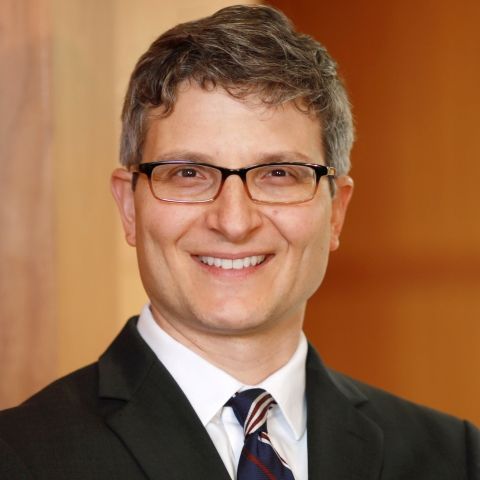

Liberalism is back on its heels, pushed there by political movements in the United States and Europe and by the critiques of legal scholars and...
We live in a golden age of student surveillance. Some surveillance is old school: video cameras, school resource officers, and tip lines. Old-school...
Cyber stalking involves repeated, often relentless targeting of someone with abuse. Death and rape threats may be part of a perpetrator’s playbook...
Fifty years ago, federal and state lawmakers called for the regulation of a criminal justice “databank” connecting federal, state, and local agencies...
In the last few years, the Supreme Court has upended its doctrine of religious freedom under the First Amendment. The Court has explicitly rejected...
This Article develops a new way of understanding the law in order to address contemporary debates about judicial practice and reform. The...
How should judges decide hard cases involving rights conflicts? Standard debates about this question are usually framed in jurisprudential terms...
This article argues that the fact that an action will compound a prior injustice counts as a reason against doing the action. I call this reason The...
At first blush, the debate between Stanley Fish and Ronald Dworkin that took place over the course of the 1980s and early 90s seems to have produced...
This article discusses the links between climate and debt sustainability by focusing on how climate mitigation and adaptation are paid for, and who...
The demise of Roe v. Wade has raised a host of religious liberty questions that were submerged prior to the Supreme Court’s decision in Dobbs v...
Courts routinely use low cash bail as a financial incentive to ensure that released defendants appear in court and abstain from crime. This can create...
Looking for a federal law to be declared unconstitutional? Religion may well be your best bet -- and that's true regardless of how "real" your...
I’m writing about a book of mine that may be of interest to the election law community. The title is Public Law and Economics, my coauthor is Robert...